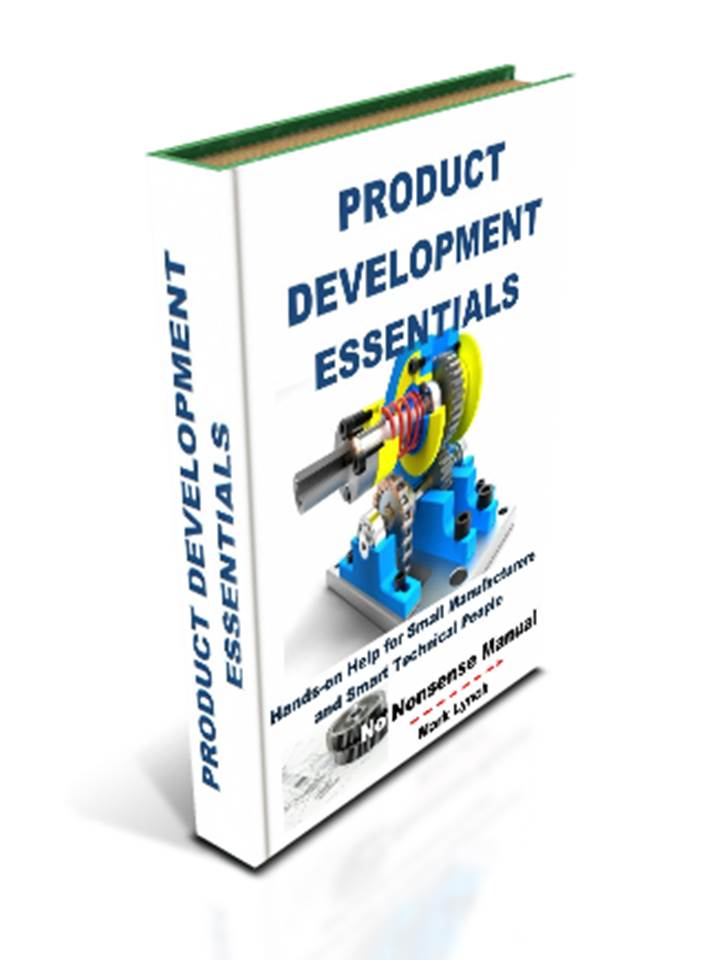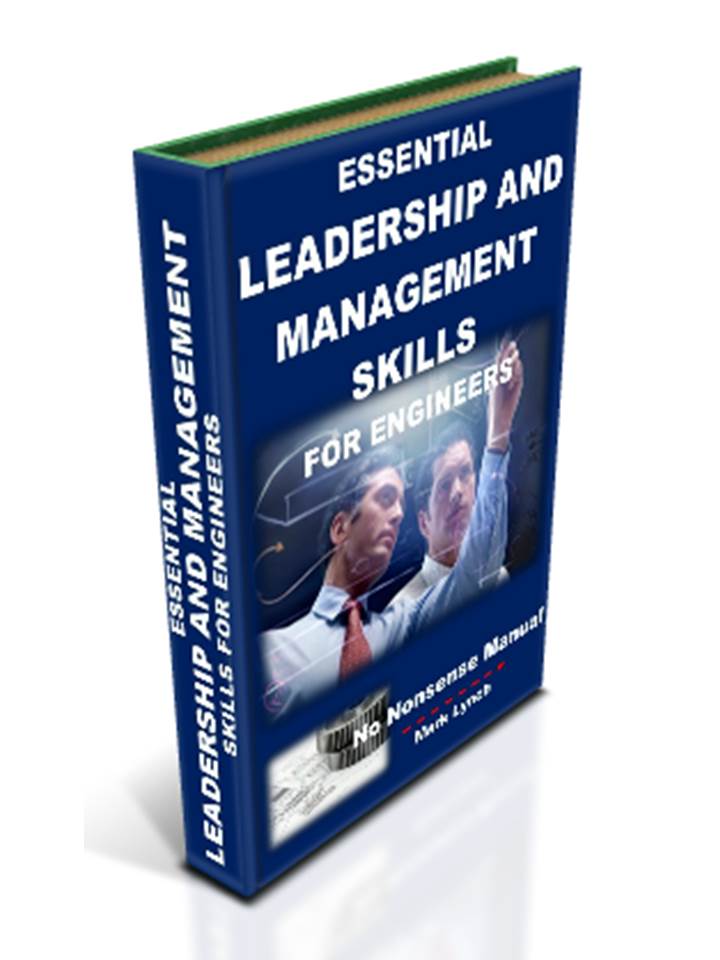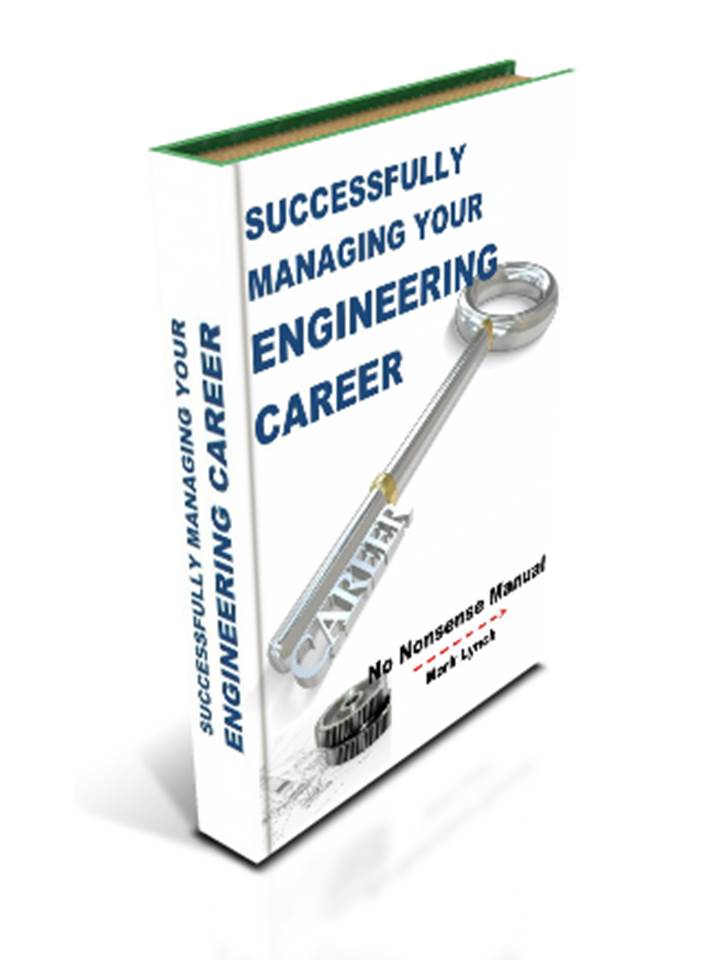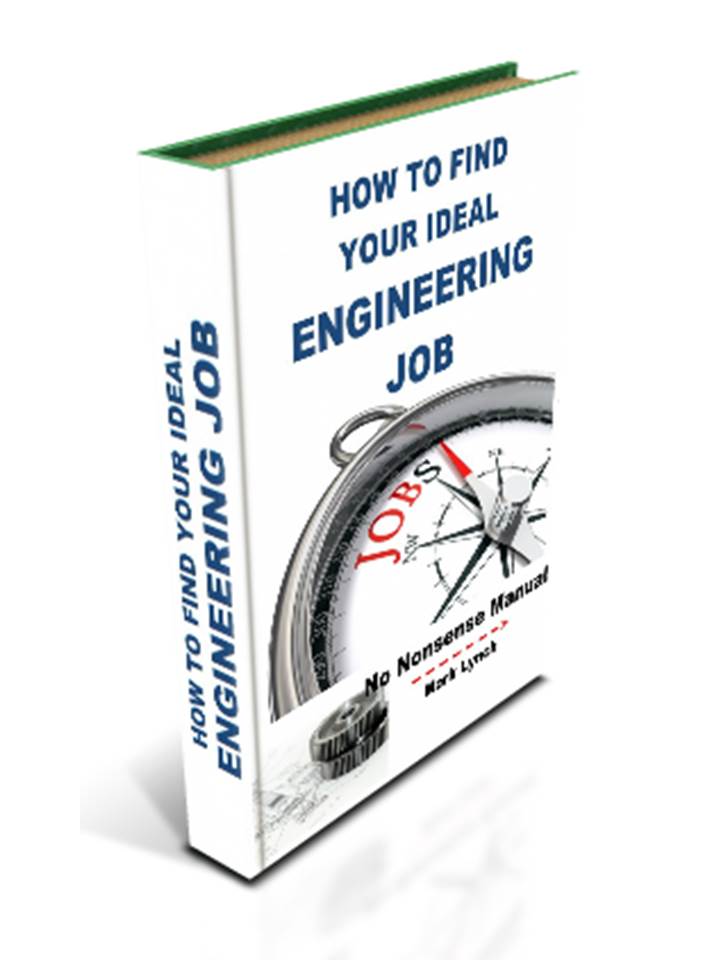'Hands-on Help for SMEs' and Smart Technical People'
Mentoring
for Engineers
Essential Leadership and Management for Engineers
Mentoring for Engineers: Intro
People Management includes the development of employees, by helping them learn and grow. Evidently this has advantages for both parties. For the individual there is the opportunity to acquire skills and expertise and so be more productive. The employee then has access to a greater number of opportunities and ultimately is more employable. For the organisation, benefits also include greater productivity, improved flexibility, better quality and enhanced credibility.
Mentoring and coaching are two effective ways of obtaining these advantages by tapping into the existing expertise and potential of current employees. Mentoring and coaching are also low cost, as well as enriching communication and internal networking.
Mentoring for Engineers: Further Explained....
Mentoring is an arrangement where a more experienced engineer assists the development of a less experienced employee. The relationship involves the Mentor using knowledge, expertise and experience to guide, advise and develop the mentee. In addition to the benefits mentioned above, the advantages mentoring offers for the business include long term retention of skills and knowledge, company loyalty, employee satisfaction and the development of future leaders. When the two parties are motivated and well suited, mentoring is an exceptionally satisfying, rewarding and fulfilling activity.
Mentoring involves career development across a range of areas. It is long term in its nature and typically involves the mentor and the mentee meeting for a series of 1-2-1 sessions on a periodic basis. At the start of the arrangement it makes sense to mutually agree broad terms of the professional relationship. These include how frequently you both meet, where you will get together and overall objectives – i.e. what both parties intend to get out of it. Try booking recurring meetings in your calendars every month. Or pick a frequency that best suits you. Importantly once it’s in there, stick to it and don’t let it fizzle out.
Each session may be themed or centred around a given topic. The mentee should be proactive, asking questions and taking notes. They should also report progress between sessions and attempt to demonstrate how they are putting their advice into practice. Likewise, the Mentor may want to consider setting actions for the mentee, based on advice and experience. They should predominately be listening and advising at convenient points, with the mentee being encouraged to talk more and ask questions as a means of obtaining knowledge. Work issues and problems can be brought up in their sessions and advice requested. As such the contents of meetings are normally confidential. Mentors and mentees are usually in the same organisation, but there is no reason why they can’t be from different businesses. Often this adds a fresh perspective, although the down side is valuable time may be used setting the scene before asking opinions.
Next... Coaching, inc the GROW model
Back to Leadership and Management Skills
For you, what are the qualities of a Great Engineering Leader?
Have you come across highly effective engineering managers and inspirational leaders? Are you one?!
Describe the qualities you think set the best apart from the rest. What practical tips and styles get the best results?
Share your story...and receive a FREE copy of our report 'Helping Your Manufacturing Business Thrive'...PS: Feel free to name-drop your firm! There's nothing wrong with a bit of free publicity!











